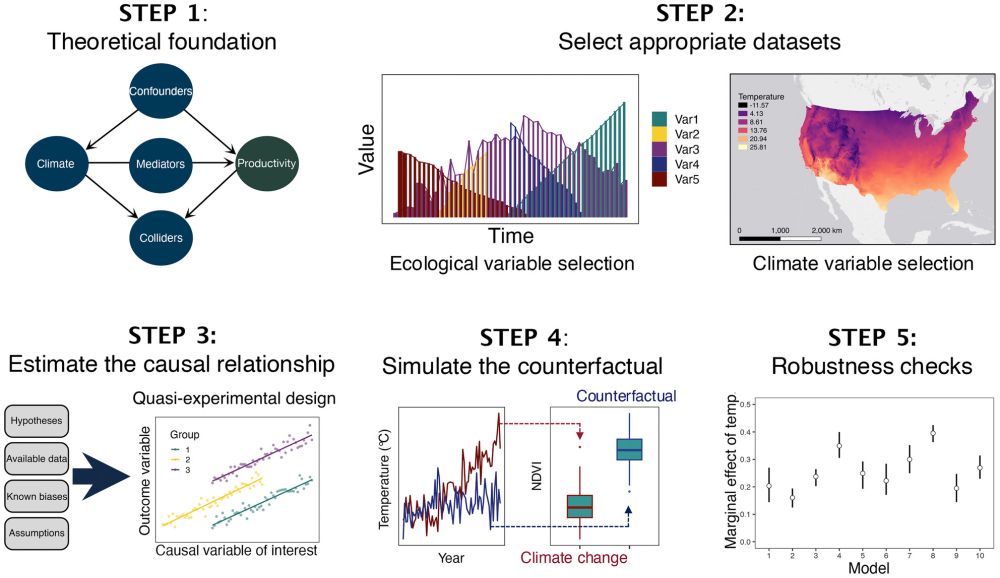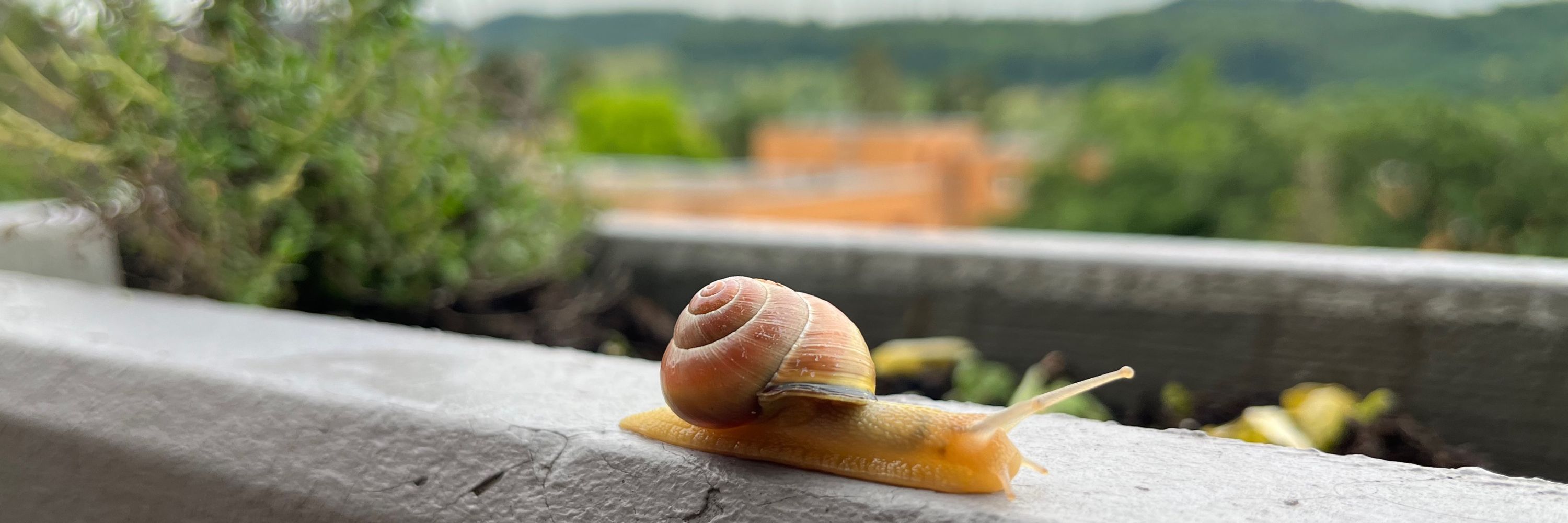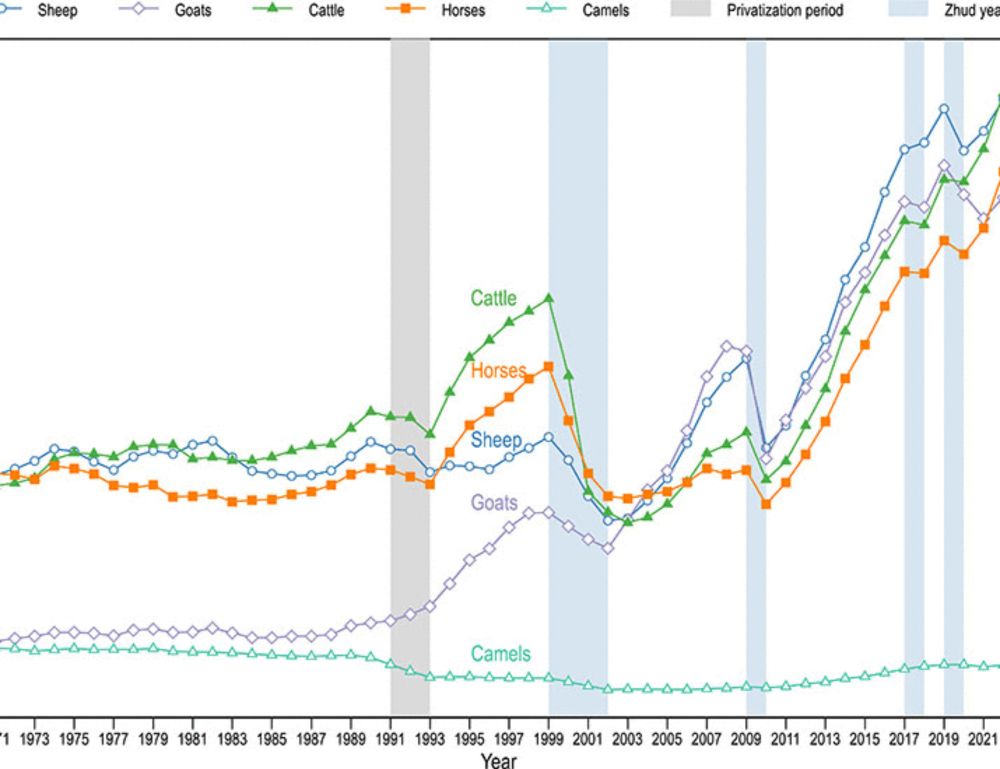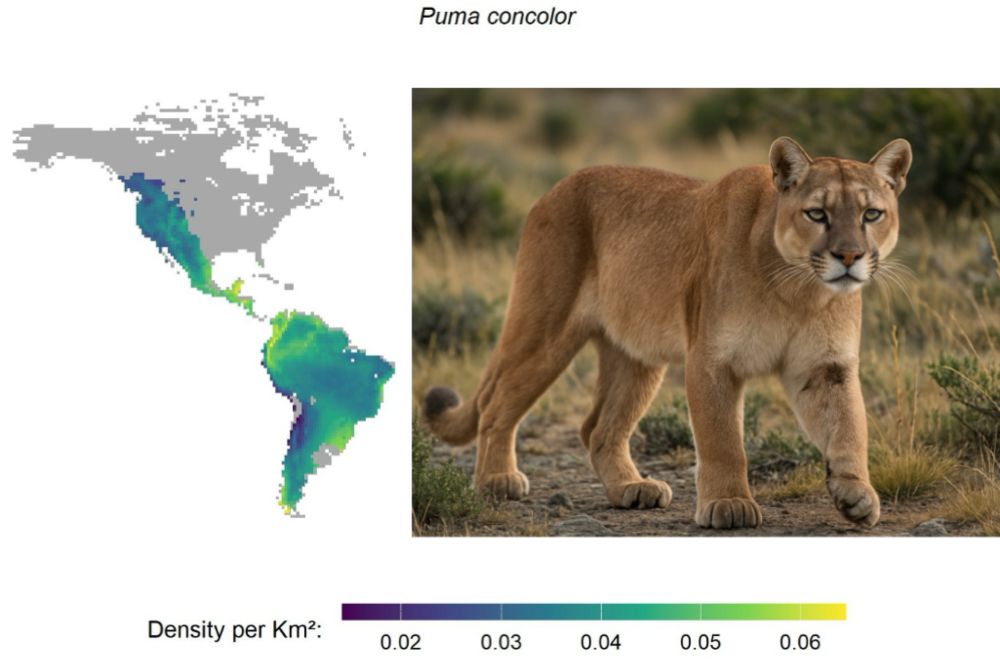Liangzhi Chen
@liangzhi-chen.bsky.social
120 followers
190 following
18 posts
I study climate #extremes; global/climate change impacts on #terrestrial #ecosystems 🌍🌲 at
@swissforestlab.bsky.social @wslresearch.bsky.social🇨🇭
#science/nature/travel/reading/sports
Posts
Media
Videos
Starter Packs
Pinned
Reposted by Liangzhi Chen
Reposted by Liangzhi Chen
Reposted by Liangzhi Chen
Reposted by Liangzhi Chen
Reposted by Liangzhi Chen
Reposted by Liangzhi Chen
Antoine Cabon
@acabon.bsky.social
· Sep 5

Distal to proximal: a continuum of drivers shaping tree growth and carbon partitioning
The relationship between tree carbon (C) assimilation and growth is central to understanding tree functioning and forecasting forest C sequestration, yet remains unresolved. The long-standing debate ...
nph.onlinelibrary.wiley.com
Reposted by Liangzhi Chen
Reposted by Liangzhi Chen
Reposted by Liangzhi Chen
Erich Fischer
@erichfischer.bsky.social
· Aug 22

Numerical models outperform AI weather forecasts of record-breaking extremes
Artificial intelligence (AI)-based models are revolutionizing weather forecasting and have surpassed leading numerical weather prediction systems on various benchmark tasks. However, their ability to ...
arxiv.org
Reposted by Liangzhi Chen
Dr. Joan Dudney
@dudney-joan.bsky.social
· Aug 14

A Causal Inference Framework for Climate Change Attribution in Ecology
Accurately attributing ecological shifts to climate change remains a significant challenge. Here, we present an accessible causal inference framework designed for climate change attribution in observ...
onlinelibrary.wiley.com
Reposted by Liangzhi Chen
Reposted by Liangzhi Chen
Reposted by Liangzhi Chen
Margaret Evans
@mekevans.bsky.social
· Jul 31

Reconsidering space-for-time substitution in climate change ecology - Nature Climate Change
Ecologists often leverage patterns observed across spatial climate gradients to predict the impacts of climate change (space-for-time substitution). We highlight evidence that this can be misleading n...
www.nature.com
Reposted by Liangzhi Chen
BETA-FOR
@betafor.bsky.social
· Jul 24

Inconsistent short-term effects of enhanced structural complexity on soil microbial properties across German forests
Structural and biotic homogenization can result from forestry practices lacking promotion of canopy gaps and deadwood. This can lead to biodiversity l…
www.sciencedirect.com
Reposted by Liangzhi Chen
Reposted by Liangzhi Chen
Reposted by Liangzhi Chen
Bill Smith
@wkolby.bsky.social
· Jul 8

Seasonal stabilization effects slowed the greening of the Northern Hemisphere over the last two decades - Nature Communications
Rising CO₂ and warming enhance vegetation greening, but drought, heat stress, and resource limits constrain this trend. Here, the authors show that within a year, increased early- and peak- season gre...
www.nature.com
Reposted by Liangzhi Chen



















